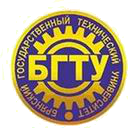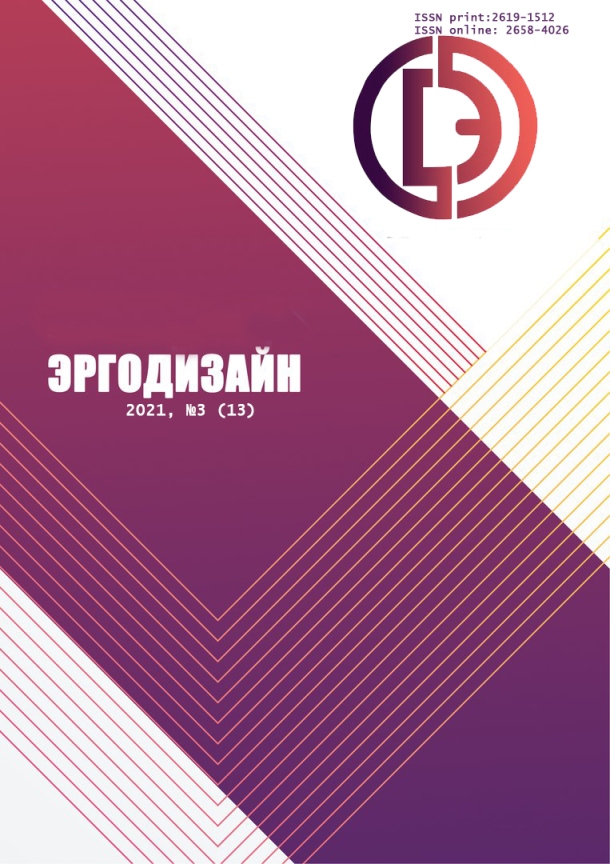Saint-Petersburg, St. Petersburg, Russian Federation
Moscow, Moscow, Russian Federation
Saint-Petersburg, St. Petersburg, Russian Federation
The analysis of the literature, reflecting the problem of potentiality in creating complex systems, including human-machine complexes (HMC) is carried out. On the basis of the generalized data, potentiality is defined as a fundamental property of objective reality, an integral part of the integrity structure of complex objects, which in the process of their functioning manifests itself in the form of engineering control situations unforeseen by the developers. A strategy for solving the problem of revealing the potential properties of HMC is considered from the viewpoint of comparing two approaches of “passive” and “active” strategies. A “passive” strategy means that the situations that arise unforeseen by the developers are taken into account by them, usually in the future when improving the technique. This approach does not consider the specifics of manifesting the systemic properties of the HMC and is incorrect from the methodological positions of modern systemic studies that assert the equivalence of subject-object relations in HMC. An “active” strategy for solving the problem under study includes a targeted search, disclosure and actualization of the potential properties of an object not only at the stages of its design and creation, but also at the stages of the exploitation in the joint activity of all professionals, namely developers, operators, engineering psychologists. This approach is based on forecasting and studying the potential properties of an exploited object on the basis of organizing a systematic and controlled cognitive process and studying the dynamics of changes in its operational characteristics under conditions of external factors that go beyond normal situations. It is concluded that to assess the characteristics of the HMC and determine the rational organization of its structures, it is necessary to develop an “active” strategy that allows using any type of information, including accurate data obtained on the basis of the deterministic methods of analysis, and inaccurate data obtained on the basis of an analysis of intuition, experience, considering all specialists’ values of judgments and figurative guesses, which will contribute to disclosing the potential of the created technical objects in the process of ergonomic support for their design and operation.
human-machine complexes, subject-object relations, technosphere, potentiality, homeostaticity
1. Golikov, Yu. Ya. Methodological Approaches to Deci-sion of Psychological Problems of Modern Techniques De-signs. Psikhologicheskiy zhurnal [Psychological Journal], 2004, no. 1, pp. 70-82.
2. Bagretsov, S. A. Lvov, V. M., Petrov, V. E. Methods and Means of Ensuring Homeostaticity of Operators’ Individual Activity in Man-Machine Complexes. Saint-Petersburg, Publishing House Petropolis, 2012, 339 p.
3. Kostyuk, V. N. The Theory of Evolution and Socioeco-nomic Processes. Moscow, Editorial URSS, 2004, 176 p.
4. Sokolov, B. V. Military Systems Engineering and Sys-tem Analysis. Models and Methods of Preparation and Deci-sion-making in Complex Organizational and Technical Com-plexes in Conditions of Uncertainty and Multi-criteria. Saint-Petersburg, VIKU, 1999, 496 p.
5. Mikoni, S. V. Sokolov, B. V., Yusupov, R. M. Qualimetry of Models and Polymodel Complexes. Moscow, RAS, 2018, 314 p.
6. Dorozhkin, A. M., Tyukhtin B. C. Uncertainty in the Complex System Cognition. Dialektika poznaniya slozhnykh sistem [Dialectics of Complex Systems Cognition]. Moscow, Mysl, 1988, pp. 60-73.
7. Blauberg, I. V. Integrity and Consistency. System Stu-dies. Moscow, Nauka, 1977, pp. 5-28.
8. Saati, T. L. Making Decisions. Hierarchy Analysis Me-thod. Moscow, Radio i svyaz', 1993, 278 p.
9. Rytov, M. Yu., Spasennikov, V. V. Theoretical and Ap-plied Issues of Selection and Training of Operators of Human-machine Complexes in Domestic Ergonomics. Ergodizayn [Ergodesign], 2020, no. 4 (10), pp. 203-224. DOI: 10.30987 / 2658-4026-2020-4-203-223.
10. Spasennikov, V., Androsov, K., Golubeva G. Ergo-nomic Factors in Patenting Computer Systems for Personnel's Selection and Training. CEUR Workshop Proceedings. 30. Ser. “GraphiCon 2020. Proceedings of the 30th International Conference on Computer Graphics and Machine Vision”, 2020.











